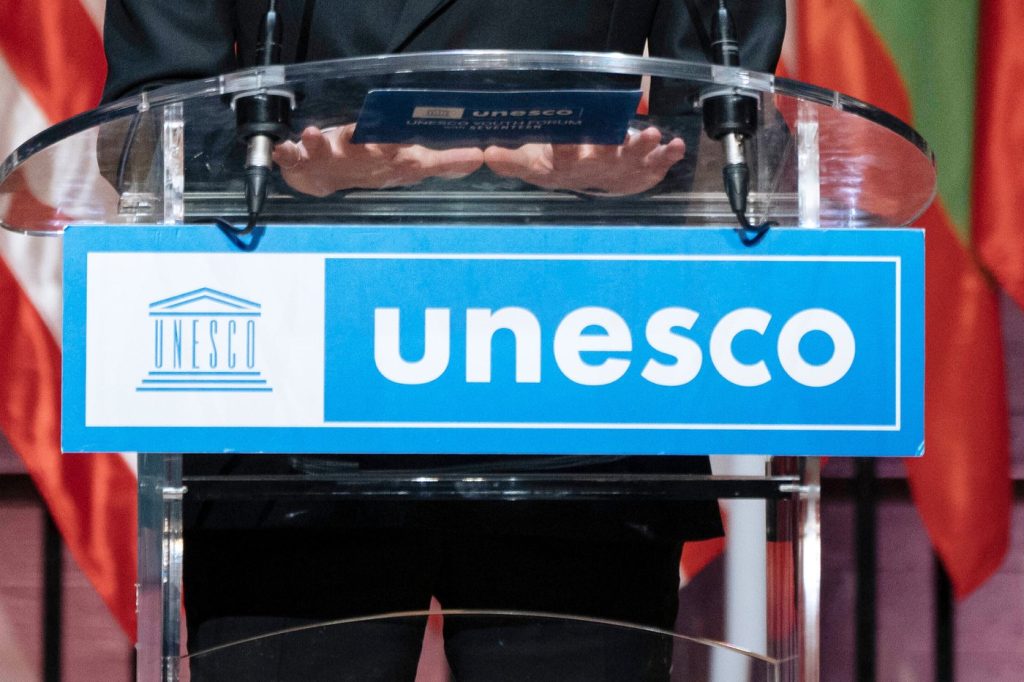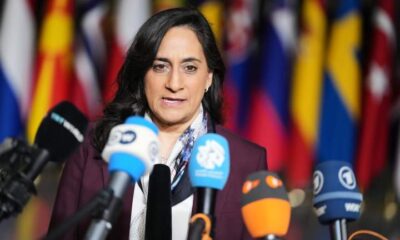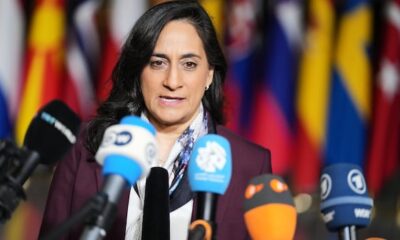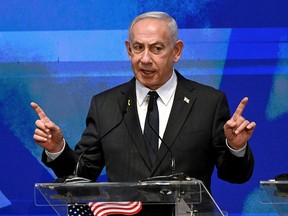World
UNESCO Faces Leadership Shift Amid Funding Crisis

UNESCO is set to choose a new director-general as it grapples with significant funding challenges following the United States’ withdrawal from the organization. The leadership contest features two prominent candidates: Egyptian antiquities professor and former tourism minister Khaled el-Enany and Congolese economist Firmin Édouard Matoko. The executive board of UNESCO began voting on this decision on Monday, with the recommendation expected to be finalized at the agency’s general assembly next month.
This leadership transition comes in the wake of the Trump administration’s decision to exit UNESCO, which has strained the agency’s budget, particularly concerning its well-known initiatives aimed at preserving World Heritage sites. The organization, based in Paris, has faced increasing scrutiny over its effectiveness and management practices. The board consists of representatives from 58 of UNESCO’s 194 member states, making their choice crucial for the future direction of the agency.
Leadership Aspirations and Challenges
UNESCO’s mission extends beyond cultural preservation; it also includes promoting education, particularly for girls, enhancing Holocaust awareness, and funding scientific research in developing nations. The outgoing director-general, Audrey Azoulay, has led notable projects, such as the reconstruction of the ancient city of Mosul after it suffered significant damage under the Islamic State group.
As the new leader steps in, they will face long-standing accusations of mismanagement and wastefulness. The Trump administration’s rationale for withdrawal included claims that UNESCO had become politicized and biased against Israel. Critics of the U.S. decision warn that this withdrawal allows countries like China to exert greater influence within the organization.
Candidates bring diverse backgrounds and visions for the future of UNESCO. El-Enany, who has a doctorate from France, is vying to become the first Arab leader of UNESCO. His supporters, including the African Union and Arab League, believe he has a strong chance of success. Should he be elected, el-Enany aims to prioritize UNESCO’s cultural programs and has expressed commitment to combatting antisemitism and religious intolerance. Notably, Israel withdrew from UNESCO in late 2018, adding complexity to the organization’s political landscape.
Matoko, at 69, brings extensive experience within UNESCO itself. His career includes significant roles during critical moments, such as working in Rwanda shortly after the genocide and contributing to peace negotiations in El Salvador. Matoko advocates for a less politically charged environment, emphasizing a focus on technical solutions. He recalls training teachers in a refugee camp in Somalia, a transformative experience that underscores his belief in the importance of education.
A Path Forward
Both candidates recognize the urgent need for financial reform. They are committed to attracting private sector funding to offset the financial gaps left by the U.S. withdrawal and other potential funding losses. Matoko has indicated a willingness to streamline operations, including cutting jobs or programs if necessary, while still advocating for a return of U.S. support.
He stated, “I will do everything so that the United States comes back, while taking into account what they reproach UNESCO for.” As the voting process unfolds, the future of UNESCO hangs in the balance, with the new leader facing the daunting task of revitalizing the organization amid a landscape of political and financial challenges. The outcome will not only shape UNESCO’s immediate future but also its role on the global stage in the years to come.
-

 Politics4 weeks ago
Politics4 weeks agoSecwepemc First Nation Seeks Aboriginal Title Over Kamloops Area
-

 World5 months ago
World5 months agoScientists Unearth Ancient Antarctic Ice to Unlock Climate Secrets
-

 Entertainment5 months ago
Entertainment5 months agoTrump and McCormick to Announce $70 Billion Energy Investments
-

 Science5 months ago
Science5 months agoFour Astronauts Return to Earth After International Space Station Mission
-

 Lifestyle5 months ago
Lifestyle5 months agoTransLink Launches Food Truck Program to Boost Revenue in Vancouver
-

 Technology3 months ago
Technology3 months agoApple Notes Enhances Functionality with Markdown Support in macOS 26
-

 Lifestyle3 months ago
Lifestyle3 months agoManitoba’s Burger Champion Shines Again Amid Dining Innovations
-

 Top Stories2 months ago
Top Stories2 months agoUrgent Update: Fatal Crash on Highway 99 Claims Life of Pitt Meadows Man
-

 Politics4 months ago
Politics4 months agoUkrainian Tennis Star Elina Svitolina Faces Death Threats Online
-

 Sports5 months ago
Sports5 months agoSearch Underway for Missing Hunter Amid Hokkaido Bear Emergency
-

 Politics5 months ago
Politics5 months agoCarney Engages First Nations Leaders at Development Law Summit
-

 Technology5 months ago
Technology5 months agoFrosthaven Launches Early Access on July 31, 2025




















